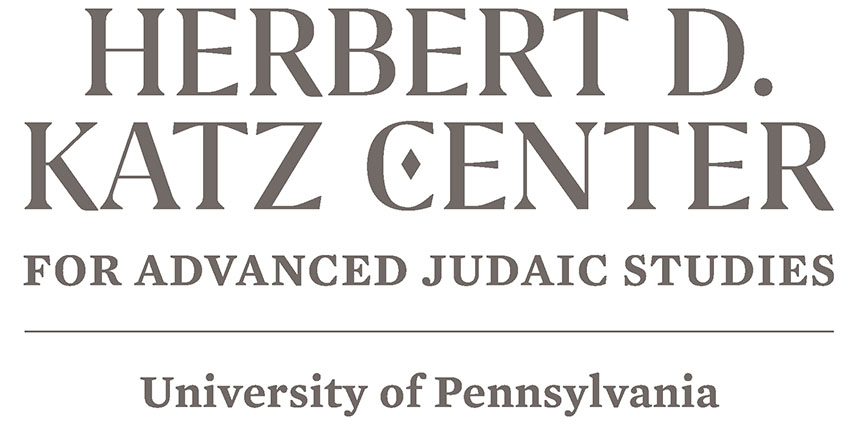Thursday, June 7
5:30-7:30pm Evening Reception and Keynote featuring Andrew O'Shaughnessy, Saunders Director, Robert H. Smith International Center for Jefferson Studies at Monticello
'The Illimitable Freedom of the Human Mind:' Thomas Jefferson’s Idea of a University
Thomas Jefferson was intimately involved with every aspect of creating the University of Virginia. It represented what he regarded as one of his three greatest achievements. The execution of this project revealed his greatest talents as a lawyer who drafted the legislation; as a surveyor who personally mapped the grounds; as a politician who cajoled the assembly into supporting him against furious opposition; as an architect who designed the layout, chose the building materials, and corresponded with the craftsman; and as an intellectual who developed an innovative curriculum, suggested the books for the library and the criteria for selecting the faculty. The lecture will argue that his vision contained many features which were unique within the United States and more progressive than what would be known as the Ivy League Schools.
National Constitution Center
525 Arch Street
Philadelphia, PA
Friday, June 8
American Philosophical Society
Benjamin Franklin Hall
427 Chestnut Street
Philadelphia, PA
8:30-9:00am: Conference registration, light breakfast and coffee at APS
9:00-9:30am Welcome
Patrick Spero, Director of the Library
American Philosophical Society
9:30-10:30am Panel 1: Knowledge Networks
"Mr. Jefferson, Hispanophile: Thomas Jefferson and Spanish Imperial Geography"
Matthew Franco, College of William and Mary
"Lost in Translation: David Bailie Warden and the Limits to Franco-Jeffersonian Cultural Exchange"
Joseph Eaton, National Chengchi University
"Enlightened Networks: Thomas Jefferson's System for Working from Home"
Diane Ehrenpreis and Endrina Tay, Monticello
Comment: Barbara Oberg, Princeton University
10:30-11:00am: Coffee Break
11:00-12:00pm Panel 2: Institutions of Knowledge
"A Useful Cabinet: Collecting and Circulating Objects at the American Philosophical Society"
Reed Gochberg, Harvard University
"The American Philosophical Society, 1743-1746: From Founding to Failure"
Paul Sivitz, Idaho State University
"Every Child a Philosopher: The Science of Education and the Teaching of Arithmetic in the Early Republic"
Timothy Minella, Villanova University
Comment: Babak Ashrafi, Consortium for History of Science, Technology, and Medicine
12:00-1:00pm: Lunch Break
1:00-2:00pm Panel 3: Science and Religion in Jefferson’s America
Sponsored by the Herbert D. Katz Center for Advanced Judaic Studies at the University of Pennsylvania
“Enlightened Judaism: Transatlantic Intellectualism & Polite Sociability in Eighteenth-Century Pennsylvania"
Jonathon Awtrey, Louisiana State University
"Vis Medicatrix: Medical Vitalism and Religious Infidelity in the Age of Jefferson”
Kirsten Fischer, University of Minnesota
"On the Margins: Christian Rabbinic Scholarship in 18th-Century America”
Arthur Kiron, University of Pennsylvania
Comment by: Kyle Roberts, Loyola University Chicago
2:00-2:15pm: Coffee Break
2:15-3:15pm Panel 4: Useful Knowledge
"Thomas Jefferson, Military Technology, and the State"
Andrew Fagal, Princeton University
"Design by 'considerable degree': Jefferson's Architecture as Applied Science"
Danielle Willkens, Auburn University
"Thomas Jefferson, Inoculation, and the Norfolk Riots"
Andrew Wehrman, Central Michigan University
Comment: J. Jefferson Looney, Daniel P. Jordan Editor of The Papers of Thomas Jefferson at Monticello
3:15-3:30pm: Coffee Break
3:30-4:30pm Panel 5: Negotiating Knowledge
"André Michaux, Thomas Jefferson, and the 'Injunction of Science'"
Elizabeth Hyde, Kean University
"Containing the Flow of Animal Magnetism: Franklin, Jefferson, and the Mesmer Report"
Philipp Ziesche, Yale University
"Thomas Jefferson's Audiences: Charles Thomson and the Transformation of Notes on the State of Virginia"
Cara Rogers, Rice University
Comment: Richard Shiffrin, Indiana University
4:30-5:00pm: Wrap-Up
5:00-6:00pm: Closing Reception


